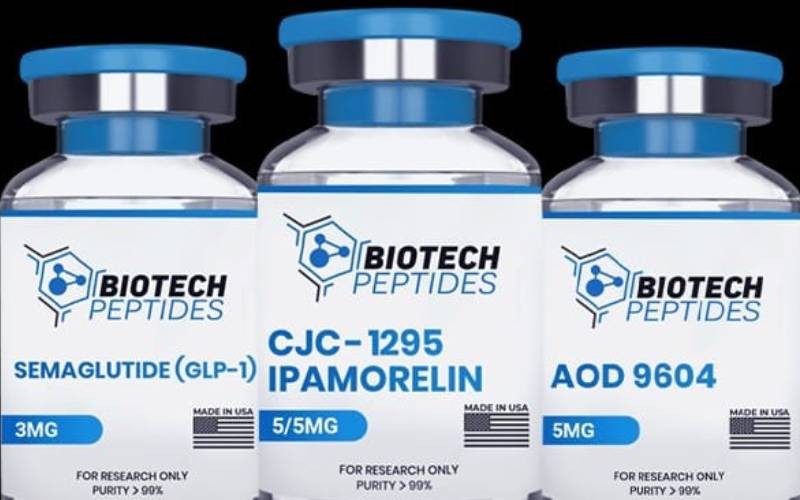×
The Standard e-Paper
Truth Without Fear

This comprehensive guide will explore many peptides and peptide combinations that may have the potential to promote hair follicle growth, among other theorised properties such as:

